Hadjod is a plant with fleshy leaves that is used a lot in India to make traditional soups, chutneys, and dals. Ayurveda also gives a lot of information about its powerful healing properties. Scholarly texts about this ancient form of Indian medicine say that hadjod is very good at healing bone fractures and is also a great natural treatment for flatulence, indigestion, weight loss, epilepsy, less sexual desire, and haemorrhoids.
Table of Contents
About Hadjod:
Hadjod is a plant in the family Vitaceae. It grows naturally in hot, dry places like India, Sri Lanka, Bangladesh, and Africa. The Hadjod tree can reach a height of 1.5 m and has branches that split into four parts, giving it a square shape. The leaves are a bright green colour and have three pointed lobes. This plant has flowers that are white or green, and when they are ready, they turn red. All parts of the Hadjod plant are edible. Traditionally, the stem and leaves were used in cooking and medicine.
Other names of hadjod:
This perennial shrub in the grape family is usually called "Hadjod" in Hindi. However, it is also called "Pirantai" in Tamil, "Nalleru" in Telugu, "Cannalamparanta" in Malayalam, and "Mangarahalli" in Kannada. It is called Cissus quadrangularis in the scientific world, but in English it is also called adamant creeper, veldt grape, and edible stemmed vine.
Bioactive compounds of hadjod:
Hadjod has a lot of good things in it, like anabolic steroids, resveratrol, flavonoids, and a lot of calcium and magnesium. However, it is best known for its large amounts of calcium and magnesium. Together, they help broken bones heal quickly and relieve joint pain, which is why it has the classical Sanskrit name "Asthisamharaka," which literally means "bone setter" or "that which keeps bones from breaking."
Hadjod also has a lot of other good bioactive ingredients, such as tannins, triterpenoids, alkaloids, carotenoids, and essential vitamins and minerals like vitamin C, vitamin E, iron, zinc, and sodium, which all have anti-inflammatory and antioxidant properties.
Effects of hadjod on Doshas:
Hadjod has a taste that is naturally pungent and sweet, which turns out to be a Katu vipaka in the end (pungent flavour after digestion or end taste). It brings the Vata (air and ether) and Kapha (water and earth) doshas (energies or life forces) into balance and equalises them. It also flushes out the AMA toxins very well (toxins that are present within the system and which often lead to incomplete digestion of food).
Hadjod also has a natural heating power (ushna virya) and typical Laghu, Ruksha, and Sara gunas (light, dry, and unstable) (qualities or actions).
Health benefits of hadjod:
Makes bones and joints stronger
Hadjod is full of calcium, magnesium, and the antioxidant resveratrol. This helps to promote healthy bone cell growth, regeneration, and multiplication, which is important for the body's structural development.
Regulates digestive process
Hadjod is a good antimicrobial agent that has good effects on digestion. It works well to keep the good bacteria in the gut and fight off bad bacteria like E. coli, which helps digestion.
Protects the liver
Hadjod protects the liver from fatty liver diseases and bile duct diseases because it has a lot of vitamin C and anti-inflammatory triterpenoids and beta-sitosterol.
Acts As An Aphrodisiac
Hadjod high level of antioxidants helps both men and women get back to their best sexual health. It is also a natural aphrodisiac that boosts vigour and stamina.
Effectively cleans out the body
Because it has a lot of vitamin C and several types of flavonoids, hadjod flushes out excess food, fluid, and other harmful waste from the body, keeping it from building up in the kidneys.
Treats Severe Haemorrhoids
When the liquid left over from hadjod leaves is mixed with honey and taken with warm milk or ghee, it helps to stop hemorrhoid from bleeding and swelling too much.
Helps ease the symptoms of asthma
Asthma happens when the body has too much kapha and not enough vata. This causes phlegm and mucus to build up in the lungs, chest pain, and trouble breathing. Hadjod is known for being a decongestant, balancing vata and kapha, and being "Ushna," or hot. It flushes out excess mucus, relieves chest pain, and makes breathing easier, which can help ease some of the uncomfortable symptoms of asthma.
Controls the level of blood sugar
Hadjod is full of powerful antioxidants that control fasting blood sugar levels, protect pancreatic cells from oxidative stress and extreme damage, and make more insulin. This herb also has "Pachan," which means it helps digestion. It gets rid of ama toxins in the gut (stomach, intestines), makes it easier for the body to absorb food, and keeps blood sugar levels under control in people with diabetes mellitus.
Keeps the heart healthy
Hadjod is well-known for its strong adaptogenic properties, which reduce stress, lower high blood pressure, and help manage the symptoms of hypertension. This amazing herb also has a lot of "Pachan," which helps digestion, and "Ushna," which is a naturally hot quality that stimulates "Agni," or the digestive fire, which is the stomach acid. This makes it easier for food particles to be absorbed, keeps ama toxins from building up, keeps fatty substances from blocking blood vessels, and improves the way the heart muscle works. So, hadjod helps keep the heart healthy by lowering blood cholesterol by a lot.
Conclusion:
With its sweet and sour leaves, stems, juice extracts, and ability to treat a wide range of health problems, hadjod is the perfect blend of food and medicine. Ancient Ayurvedic texts talk about how hadjod is the best medicine for bone fractures and other bone problems. Hadjod is a great medicinal herb because it is full of important nutrients like vitamins, minerals, and antioxidants. It also has good anti-inflammatory, analgesic, anti-microbial, and diuretic properties.

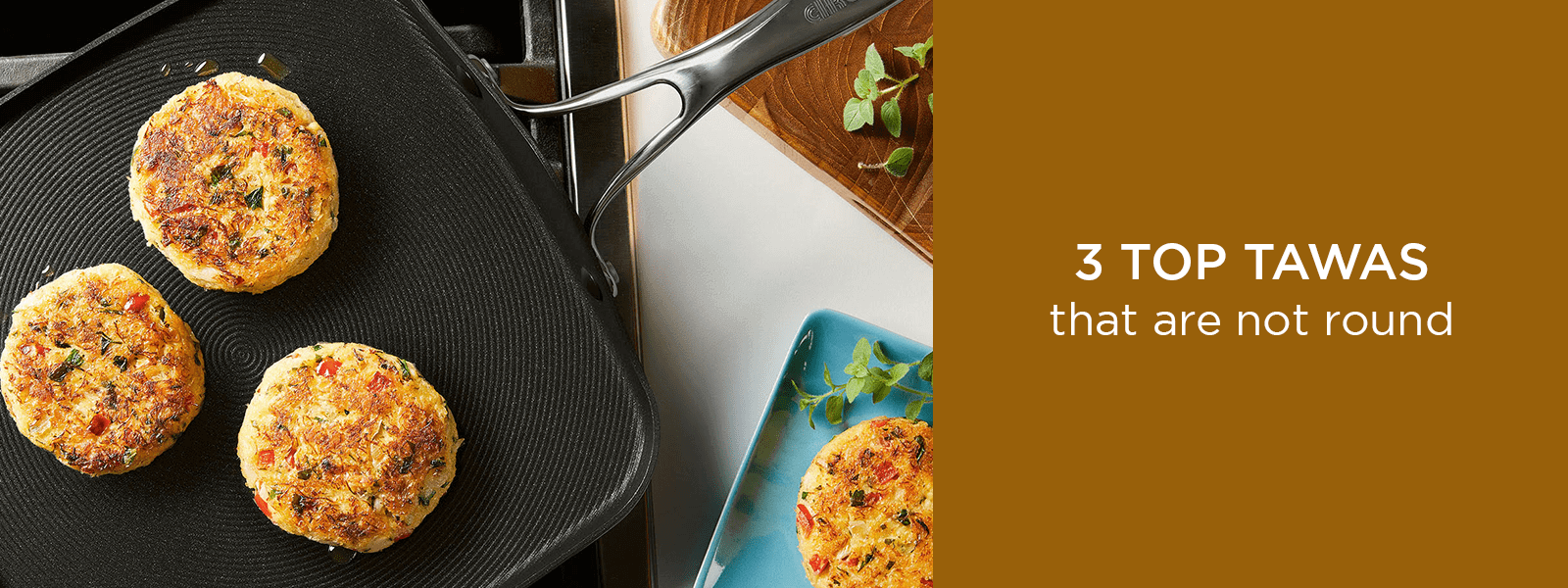
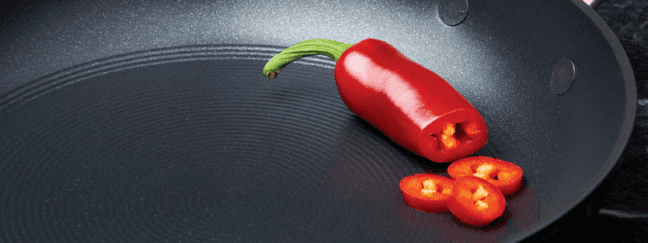

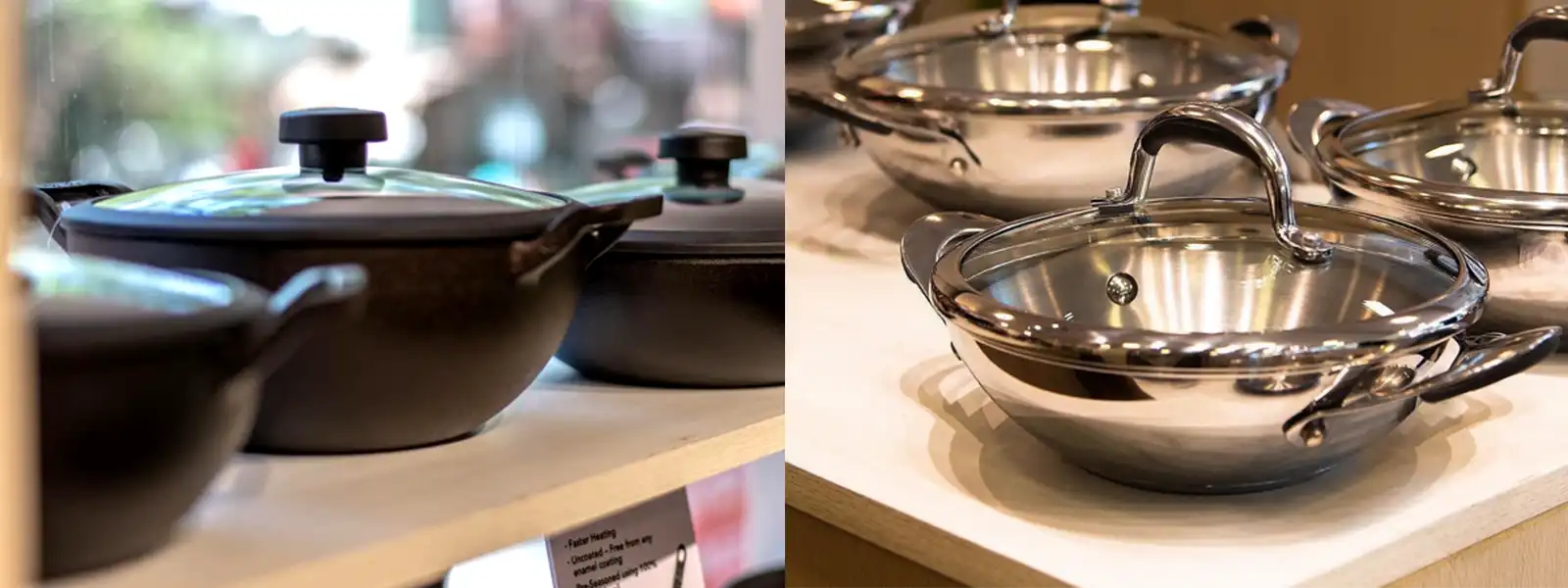
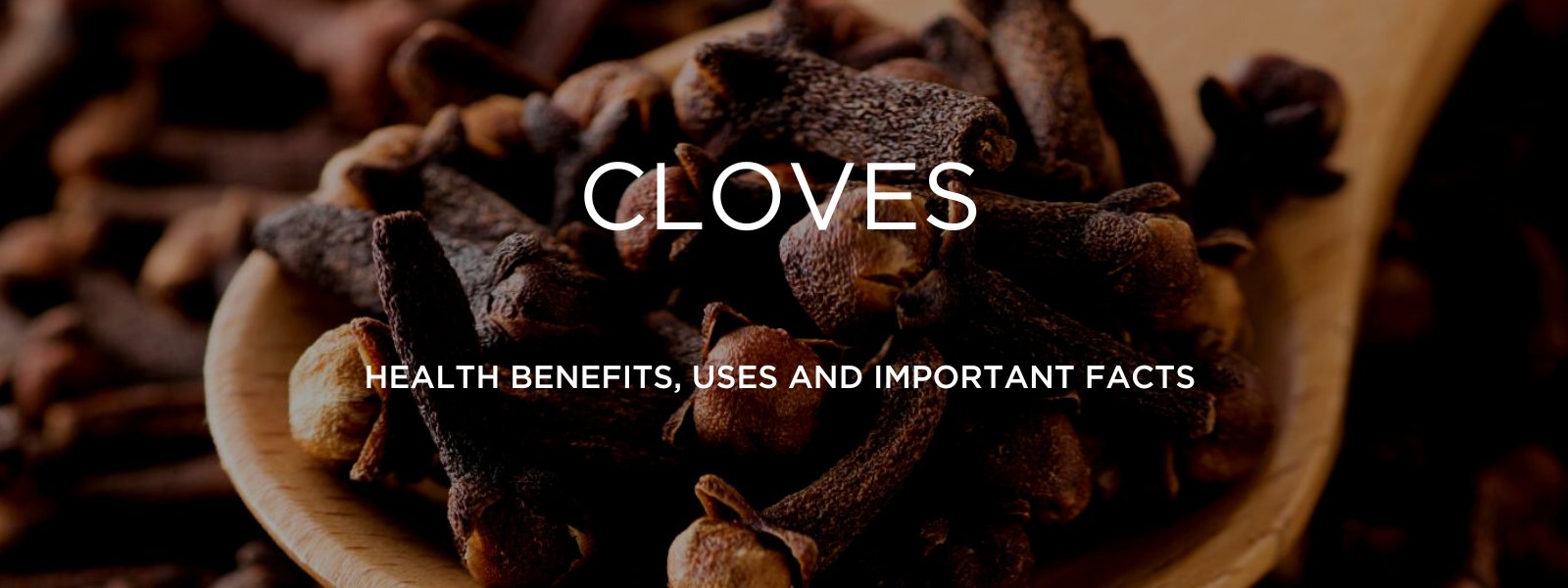
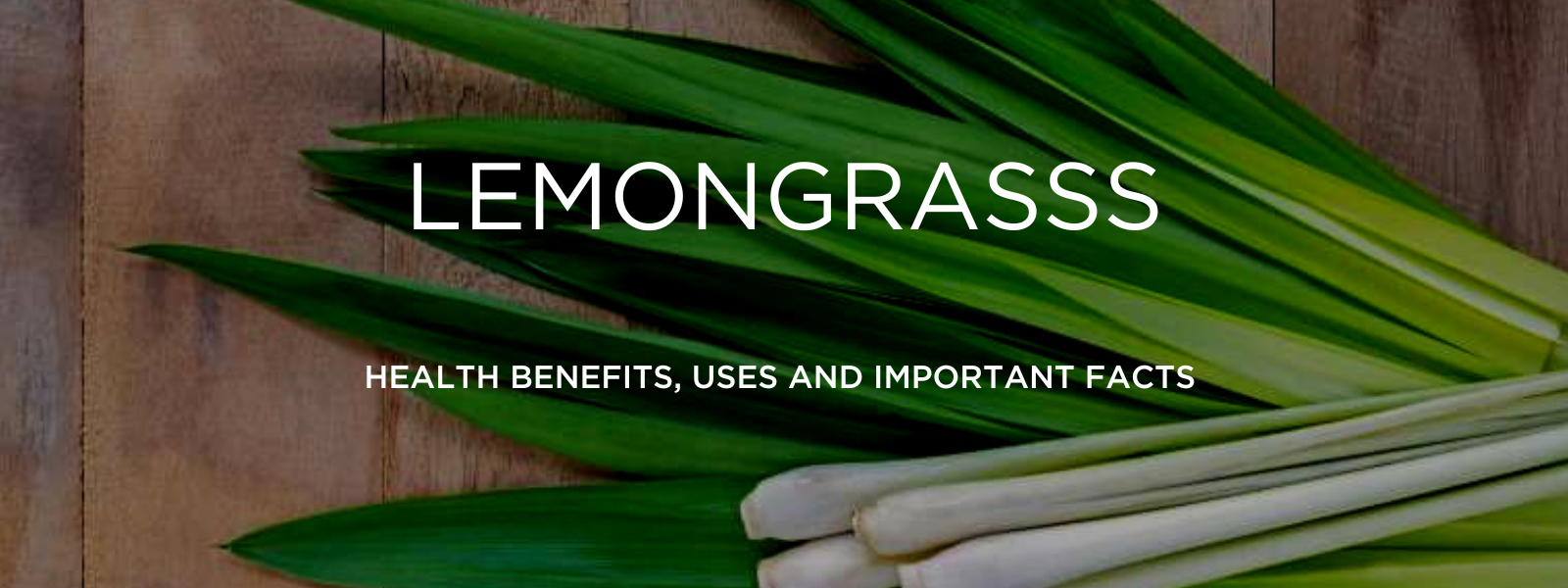
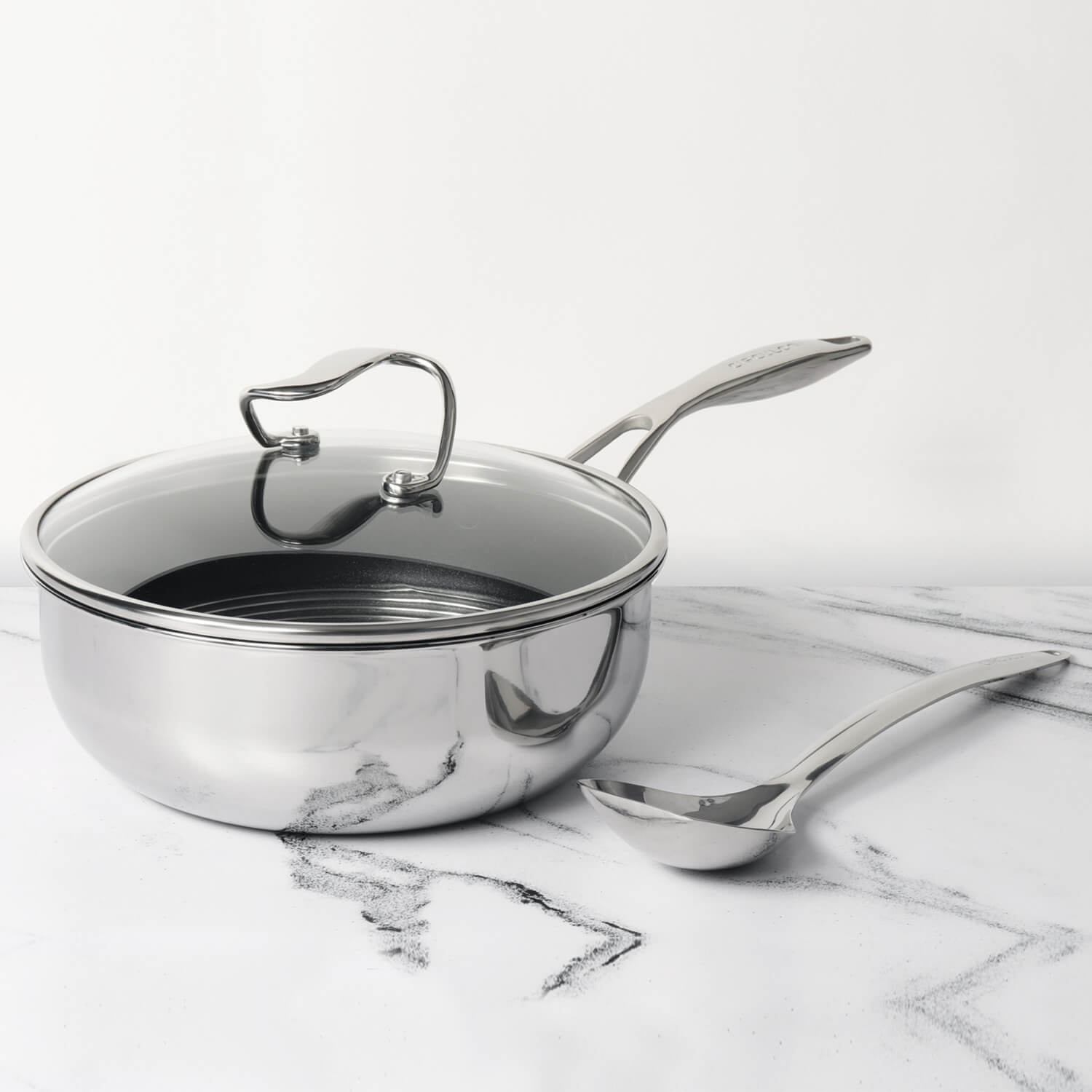
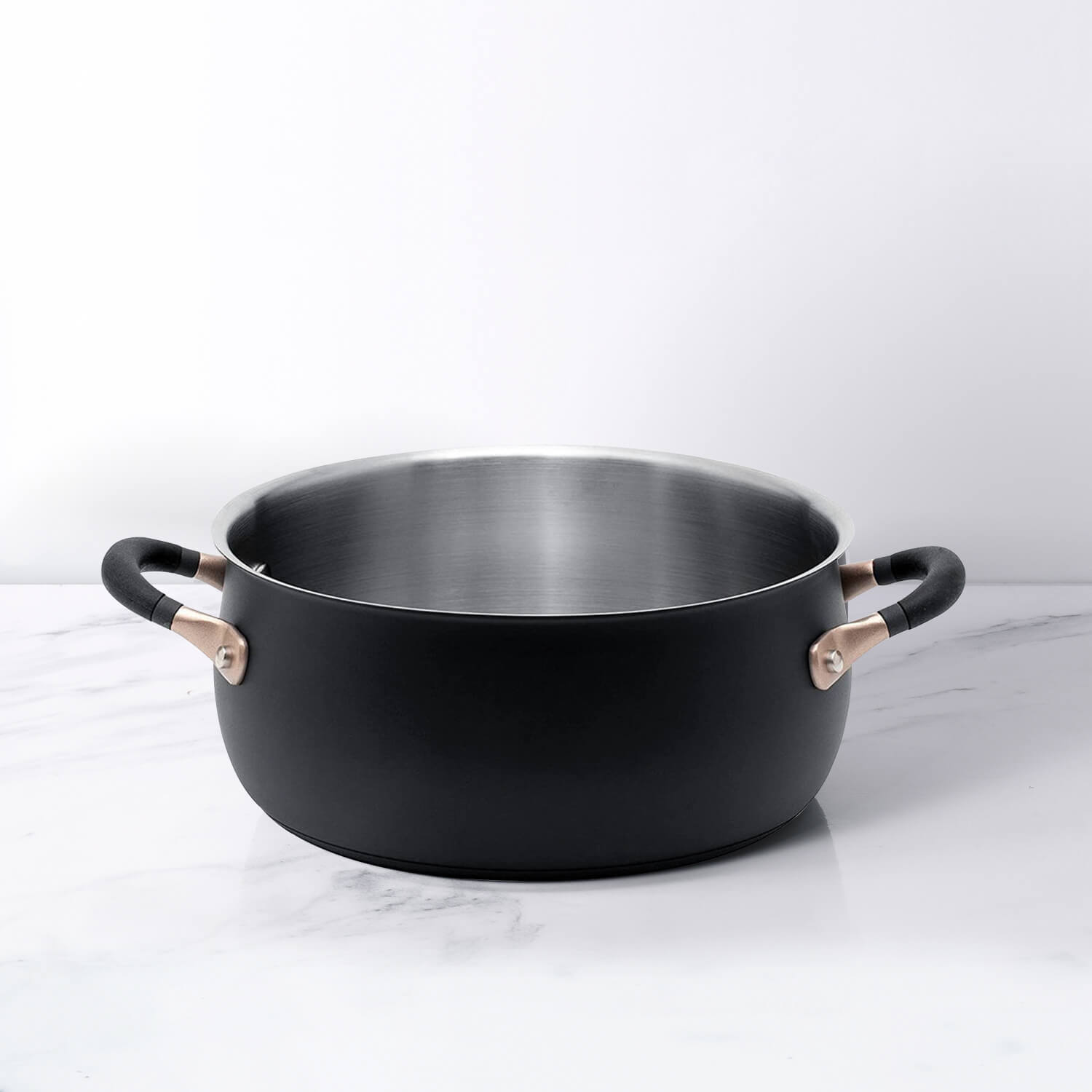




Leave a comment